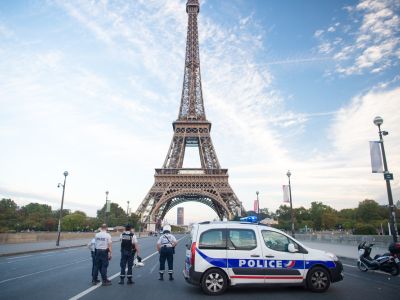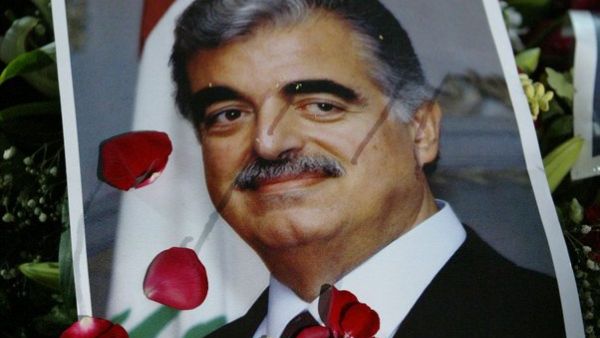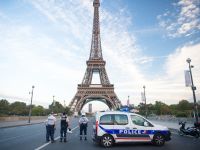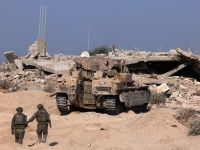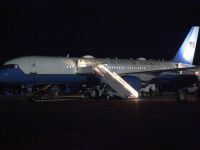The UN-backed Special Tribunal for Lebanon began Tuesday the judgement session in the trial against four alleged assassins that killed former Prime Minister Rafik Hariri along with 21 other people in 2005.
The STL is conducting the judgement in absentia, as the whereabouts of the four Hezbollah members accused of killing late Prime Minister Rafik Hariri in a massive truck bomb on Feb. 14, 2005 is unknown.
Salim Jamil Ayyash, Hassan Habib Merhi, Hussein Hassan Oneissi and Assad Hassan Sabra are charged with conspiracy to commit a terrorist act, intentional homicide, attempted intentional homicide, and other related charges
The judgement session comes as Lebanon deals with the fallout of the massive Beirut Port explosion that killed at least 180 people, injured 7,000 more and left the population seething with anger at the negligence and corruption of the authorities.
Divisions have emerged over demands for an international inquiry to be held into the blast – a call that has been rejected strongly by President Michel Aoun and Hezbollah’s leader Sayyed Hasan Nasrallah.
The STL originally scheduled the judgement for Aug. 7 but postponed it for two weeks in the wake of the blast, "out of respect for the countless victims.”
Although Hezbollah itself is not on trial, Nasrallah has repeatedly said that he does not accept the tribunal’s jurisdiction, independence, or judgements.
"We do not feel concerned by the STL's decisions," he said in a televised address Aug. 14. "For us it will be as if no decision was ever announced ... If our brothers are unjustly sentenced, as we expect, we will maintain their innocence."
Former Prime Minister Saad Hariri flew in to the Hague Monday to attend the judgement, and was accompanied by former MP Marwan Hamade, former Minister Bassem Sabaa and adviser Hani Hammoud, Hariri's office said in a statement.
STL prosecutors assert that the late prime minister was assassinated because he was a “serious threat” to Syrian interests in Lebanon. He maintained close ties with the United States, Western and Gulf Arab states, and was against Iranian and Syrian interference in Lebanon.
This article has been adapted from its original source.


